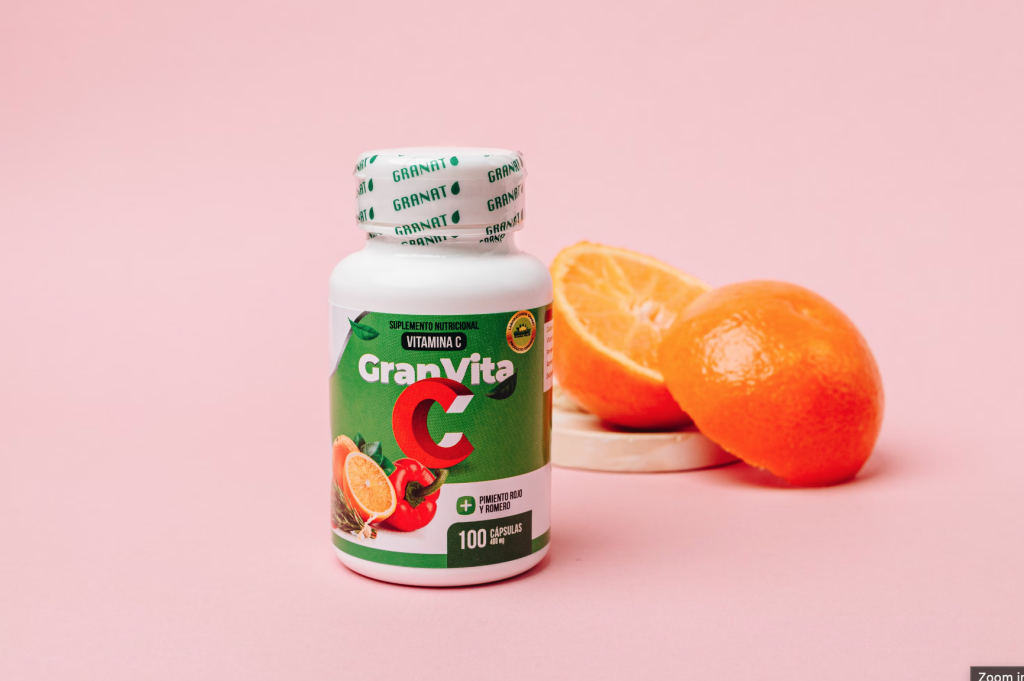While conventional treatments play a crucial role in managing pancreatic cancer, many individuals also seek complementary approaches to support their well-being. Herbal remedies, derived from plants and botanical sources, have been used for centuries in traditional medicine systems for their potential therapeutic benefits. In this guide, we’ll explore some herbal allies that may offer support and relief for individuals living with pancreatic cancer, alongside conventional treatments.
- Turmeric (Curcuma longa):
- Curcumin, the active compound in turmeric, has potent anti-inflammatory and antioxidant properties.
- Studies suggest that curcumin may help inhibit the growth of cancer cells, reduce inflammation, and enhance the effectiveness of chemotherapy and radiation therapy.
- Incorporate turmeric into your diet by adding it to curries, soups, stir-fries, or smoothies, or consider taking curcumin supplements under the guidance of a healthcare provider.
- Ginger (Zingiber officinale):
- Ginger has been used traditionally to alleviate nausea, vomiting, and digestive discomfort.
- Gingerol, the main bioactive compound in ginger, exhibits anti-inflammatory and antioxidant properties.
- Sip on ginger tea, add fresh ginger to meals, or take ginger supplements to help manage nausea and support digestive health during pancreatic cancer treatment.
- Green Tea (Camellia sinensis):
- Green tea is rich in polyphenols, particularly epigallocatechin gallate (EGCG), which has been studied for its potential anti-cancer effects.
- Research suggests that green tea consumption may help inhibit tumor growth, reduce inflammation, and improve outcomes in pancreatic cancer patients.
- Drink green tea regularly as part of your hydration routine, or consider green tea extract supplements for concentrated polyphenol content.
- Milk Thistle (Silybum marianum):
- Milk thistle contains silymarin, a flavonoid complex known for its hepatoprotective and antioxidant properties.
- Studies suggest that silymarin may help protect liver cells from damage, support detoxification pathways, and enhance the efficacy of chemotherapy drugs.
- Take milk thistle supplements or drink milk thistle tea to support liver health and mitigate potential side effects of pancreatic cancer treatment on the liver.
- Holy Basil (Ocimum sanctum):
- Holy basil, also known as tulsi, is revered in Ayurvedic medicine for its adaptogenic and immune-modulating properties.
- Compounds in holy basil, such as eugenol and rosmarinic acid, exhibit antioxidant, anti-inflammatory, and anti-cancer effects.
- Enjoy holy basil tea, incorporate fresh holy basil leaves into meals, or take holy basil supplements to support overall health and well-being during pancreatic cancer treatment.
- Reishi Mushroom (Ganoderma lucidum):
- Reishi mushrooms have a long history of use in traditional Chinese medicine for their immune-enhancing and anti-cancer properties.
- Polysaccharides and triterpenes found in reishi mushrooms may help modulate the immune response, inhibit tumor growth, and reduce inflammation.
- Consider incorporating reishi mushroom extract or powder into your daily routine to support immune function and overall health during pancreatic cancer treatment.
- Ashwagandha (Withania somnifera):
- Ashwagandha is an adaptogenic herb used in Ayurvedic medicine to support resilience to stress and promote overall well-being.
- Withanolides, the active compounds in ashwagandha, exhibit anti-inflammatory, antioxidant, and immune-modulating effects.
- Take ashwagandha supplements or drink ashwagandha tea to help manage stress, promote relaxation, and support immune health during pancreatic cancer treatment.
Conclusion: Herbal allies offer a complementary approach to conventional treatments for pancreatic cancer, providing support for symptom management, immune function, and overall well-being. However, it’s essential to approach herbal remedies with caution and consult with a healthcare provider before incorporating them into your treatment plan, especially if you are undergoing chemotherapy, radiation therapy, or taking other medications. Remember that herbal supplements are not a substitute for medical treatment, but they may offer additional support and relief when used safely and appropriately. Listen to your body, prioritize self-care, and work closely with your healthcare team to develop a comprehensive and personalized approach to managing pancreatic cancer.

